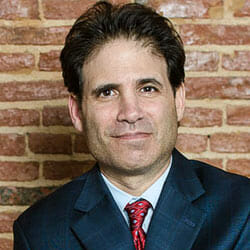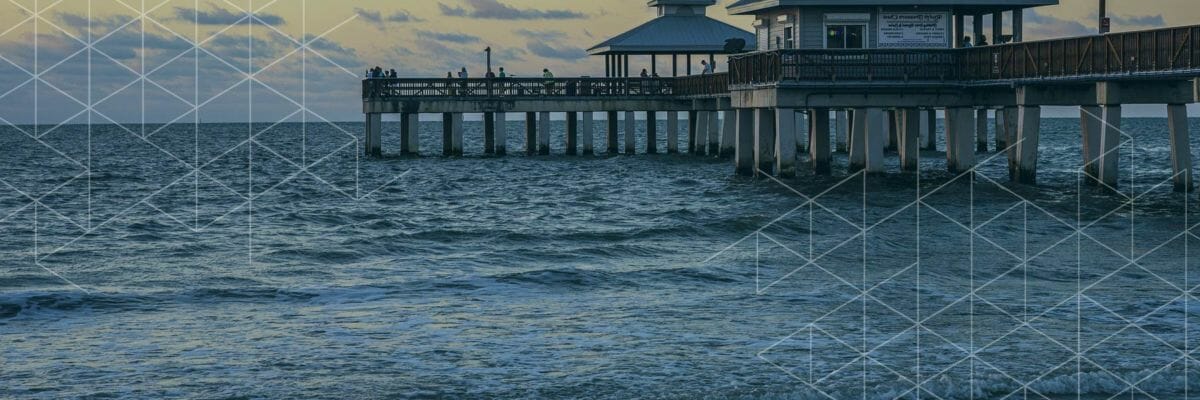Human lives and nature were shaken, and others were utterly decimated, by the Deepwater Horizon oil spill, also known as the BP Oil Spill, in the Gulf of Mexico on April 20, 2010. On this tragic day, 11 men working aboard Deepwater Horizon died and 17 others were injured as a result of the explosion, which subsequently caused a sea-floor oil gusher to leak oil for three months until July 15, 2010 when the leak was stopped by a cap of the wellhead. The vessel drilled on the BP-operated Macondo Prospect and oil trickled down the Gulf coast of Louisiana to Alabama, Mississippi, and Florida. As the biggest accidental marine oil spill on record in the petroleum industry, the oil spill caused approximately 4.9 million barrels of crude oil to seep into the ocean and upon the shores of beaches with about 53,000 barrels a day escaping from the well.
Gulf Coast Oil Spill Damages
As one can imagine, the Gulf oil spill continues to negatively influence the lives of thousands of people today who are experiencing lost income, profits, and business, and will continue to do so for a significant period of time. Additionally, the destructive environmental effects of the oil spill to marine and wildlife habitats, species, and ecosystems are far beyond our comprehension at this time. And if that isn’t enough, the oil spill has also completely altered the Gulf’s fishing and tourism industries, putting some completely out of business.
What it comes down to is that in 2008, the Gulf was known for supplying about one-eighth of all fish and shellfish in the United States, as Louisiana is the main supplier of domestic shellfish in the country. Because of the oil spill, these fisheries have been hung out to dry since over a fifth of the Gulf is closed to fishing.
The domino effect has extended its reach to seafood businesses in Maryland and throughout the nation, including wholesalers and restaurants. Several Maryland businesses depend on the Gulf Coast to provide seafood that will satisfy a high demand for fresh and frozen products when local fisheries aren’t in operation or aren’t providing enough supplies. As a consequence, the limited amount of seafood in Maryland, specifically for oysters and domestic shrimp, has caused prices to go up, or businesses to drop out of the game.
Who is Responsible?
It wasn’t until January 2011 that the White House oil spill commission announced that BP, one of the world’s primary international oil and gas companies, as well as its partners, was responsible for sacrificing safety by making earnings more of a priority through the implementation of cost-cutting decisions. It was also determined that the oil spill was the result of problems and shortcomings in both industry practices and government policies; therefore increasing the chances that another similar oil spill would happen again in the future if drastic improvements were not made.
Gulf Coast Claims Facility (GCCF)
The GCCF has been providing compensation to those affected by the oil spill on BP’s behalf since the oil conglomerate admitted it had made mistakes that lead to the disaster. As such, the $20 billion fund to compensate victims of the oil spill was created in June 2010. The fund has provided about $4.7 billion to approximately 198,475 claimants (individuals seeking payment for BP oil spill damages) up until July 2011 and there are almost 1 million claims in which thousands more accumulate. Overall, BP has agreed to provide up to $20 billion in compensation to commercial fisherman, charter captains, hotels, property owners, and others who have experienced economic losses as a result of the oil spill.
Taking a Stand: Obtaining the Compensation that’s Yours
The inexcusable negligence and oversight of BP in causing the Gulf oil spill has had, and will continue to have, irreversible and permanent effects on the lives of unsuspecting, hardworking people in Maryland and across the nation. Steven H. Heisler, “The Injury Lawyer”, supports and protects the rights of Maryland seafood restaurant owners/workers and wholesalers who have been affected by the BP oil spill. By providing quality and effective legal counsel and representation to his clients, Mr. Heisler may be able to help you obtain compensation for losses and damages associated with the oil spill. For more information, call (410) 625-4878 today for a free consultation.

Attorney Steve Heisler
Steve Heisler decided in 1996 that he was going to focus his law practice exclusively on injury cases. Since then, he has been representing injured people against insurance companies, disreputable medical practitioners and Big Pharma, and doing it with compassion, honesty and level-headed rationality. [ Attorney Bio ]

